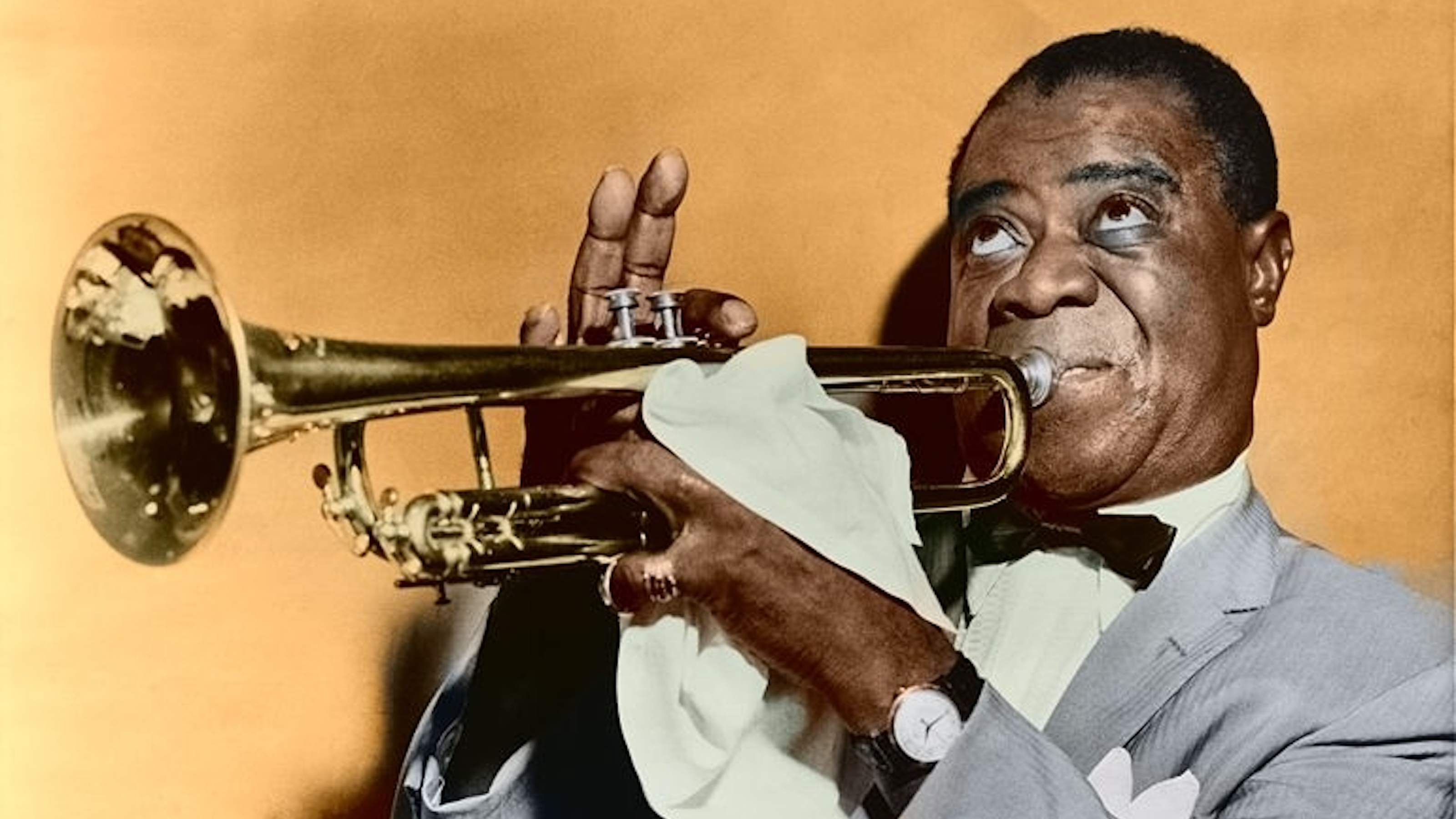Theologian, author, and former U.S. ambassador, Michael Novak currently holds the George Frederick Jewett Chair in religion and public policy at the American Enterprise Institute in Washington, D.C., where he[…]
Sign up for the Smarter Faster newsletter
A weekly newsletter featuring the biggest ideas from the smartest people
Professor Novak discusses his new book refuting atheists.
Novak: Well, that’s my deepest passion is what we can know about God through reason, through the use of our own intelligence, through self-questioning, coming to know who we are ourselves, and I wrote about this book as one of my first books in 1965, “Belief and Unbelief,” of course, which one I get the chance to teach. I still love to teach. I’m, you know, in a research institute now and not teaching. And then later, some years later, a book called “The Experience of Nothingness” dealing especially with the problem of why is it that nihilists write books? I mean, there’s no meaning to anything and it’s all absurd and chaos and relative. They certainly write with a passion for honesty and courage. They’re always praising courage and writing books is a great act of community. So, it seems to me, in the heart of nihilism, there’s a powerful, positive ethic of honesty and courage and community. It seems there’s not enough ethic to carry you all through life. It doesn’t tell you much about men or women, for example, but… or children, you know, there’s a lot you have to learn. But, nonetheless, it’s the root of a powerful ethic, and I thought I was hoping some university or institution would invite me to give a set of lectures so it could revisit these problems again and that wasn’t happening, so I had, you know, certain ideas and tentative explorations. And the outbreak of the new atheist books I wanted to avoid it because I wasn’t, my idea wasn’t to reply to them so much, but they provided the occasion to me on getting back. And for that reason I’m very grateful when they raise some good objections that force believers to think and rethink, and that’s all to the good. So, I love that problem and I think I’ve enjoyed working on this book as much as any in my lifetime, and I wanted it to be very good because it’s my last one, maybe. You know, I always think that way now that I’m 75, do the best I can, but who knows when it’s over. rnrnQuestion: What message would you like readers to take from the book? rnrnNovak: Oh, what I, there are couple of reviewers who have said of it what please me the most that they’re atheist and this book strengthen them in their atheism, but they appreciated the chance to think each problem through. You know, this journey, this climb of the mountain, whatever you want, it takes a lot of twist and turns into valleys and so forth. You know, the mind is many mountains and they appreciated making that voyage, and that’s my idea that believers and unbelievers… I’m not talking about Judaism and Christianity now, but just philosophy, what humans can learn of God just by their own experience. If we could learn to argue about that civilly and present evidence of one and the other truth, we would help each other out and we would each come to different conclusions of, no doubt. I think the vast majority would come to this knowledge of God around them and within them and because that’s the default position of the human race. That’s what most people have always done. That’s what most people on earth are doing today. Atheism is a relatively a small minority, [IB] even agnosticism. And even there you discover opinion surveys show that one-half of all agnostics actually believe in God in the way that Aristotle did or Plato or Cicero or Seneca, not the Christian God, not the Jewish God, but an extraordinary power and, really, a governor of the universe in some extraordinary way, paradoxical way often, and a great source of the light and intelligence which suffuses all things. Whatever this God is whose energy you see everywhere, he certainly embodies the genius in mathematics because he study everything. It seems to have lent itself to mathematical treatment to an extraordinary and beautiful degree. Well, anyway, and even atheist, about 1 out of every 5 believes in a God like Aristotle and Plato. So, you know, I do think that’s the default position, but for various reasons, people are looking for a different sort of God and there are 5, 6, 10 different ideas of God and most of them just don’t work, and if you’re seeking those, you’re not going to believe in that God, for sure. And if you think yourself all you are is a sack of matter, of chemical, you know, inspirited for a while and then poof, your idea of God is going to be very limited too. In short, I think self knowledge is the key. I’d looked for it everywhere, my God, St. Augustine wrote, and when I found that work within, I think that’s the key today. So, as we see a little bit more clearly who we are, we either see that we are participating living in God or we’re not. And when I say ‘see,’ you know, it’s not the knowledge of the senses, you can touch God or taste Him or see Him or hear Him, ah, little children do, and people who become religious often feel a great sweetness and joy for a time, but those who are adult in the faith know long periods of dryness and desert as it’s often called, when they cry out to God and there was no reply, where they ask God and then nothing, or they approach God and no one appears, common in the biblical period and in all periods of human history. So, the kind of knowing we have a God is a dark knowing, it’s not sense knowing, but there it is. It’s very strong and very… it just keeps reappearing in human history, the sense of the transcendent of the numinous, of the sacred. There’s a lot more going on in our lives than, you know, than we see at first glance, and longer we live, the more we see that.
▸
5 min
—
with





